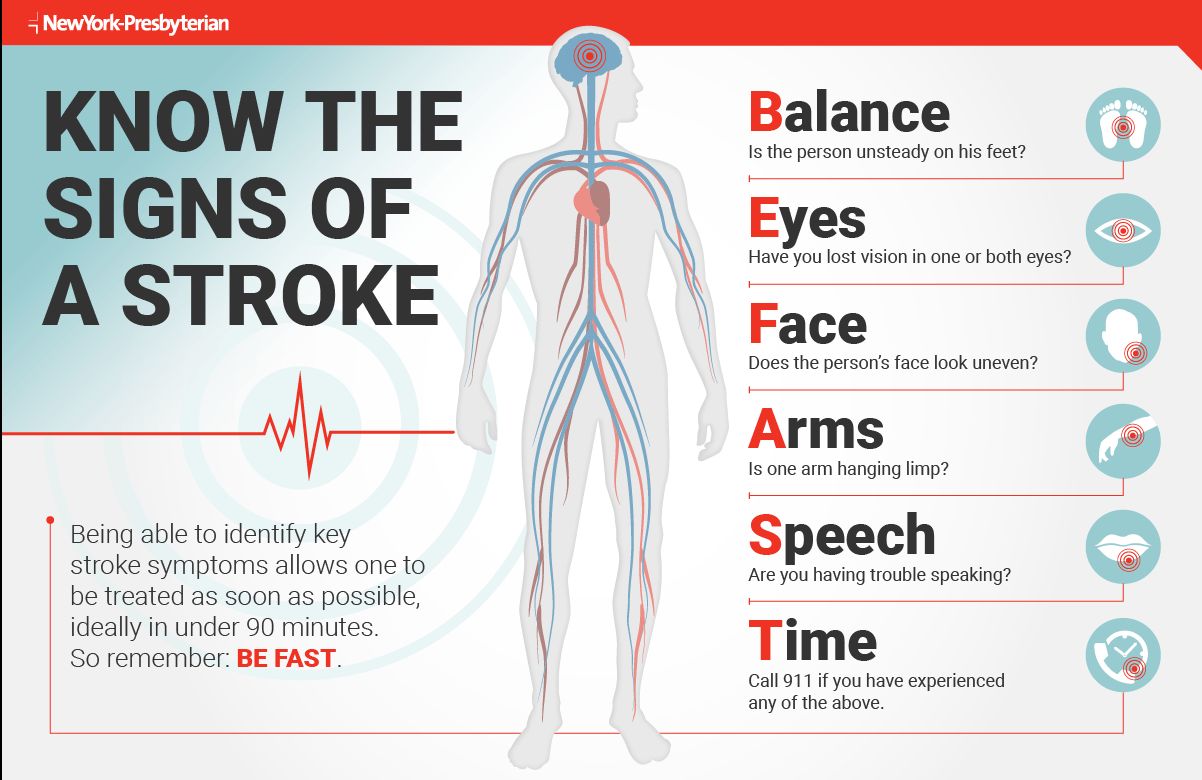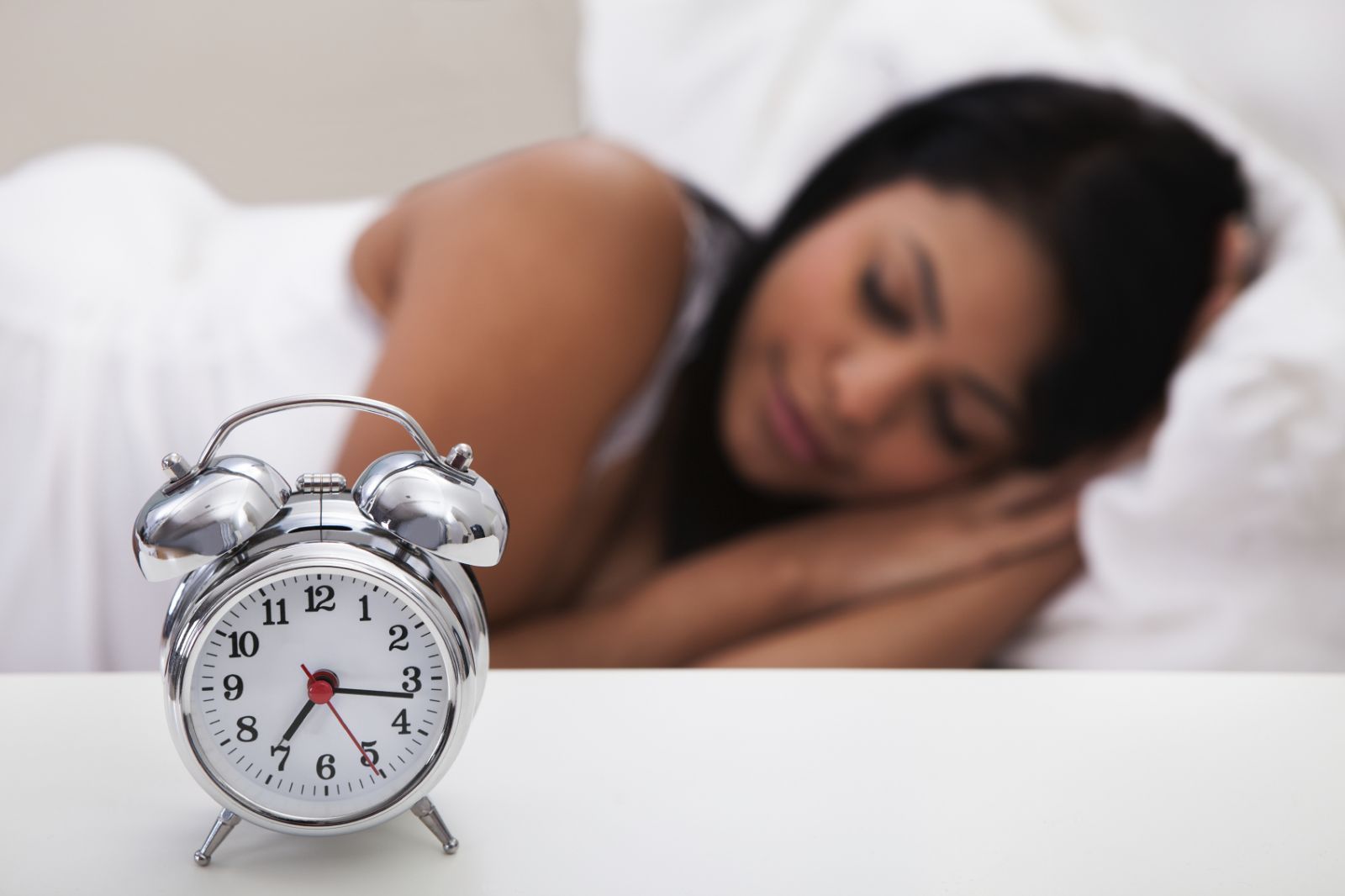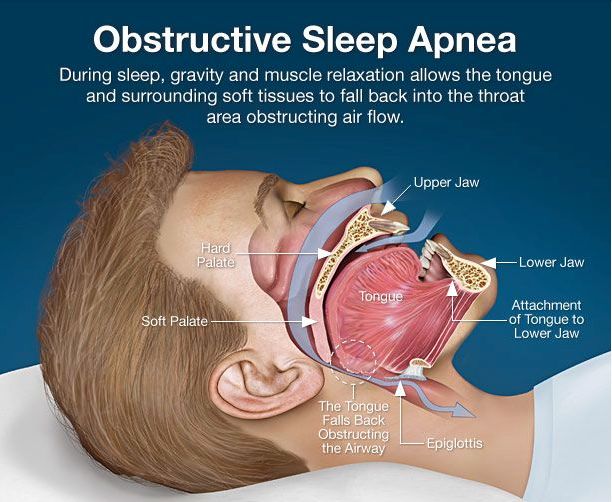While everyone loves to get a few extra hours of sleep a night, scientists have proven getting too much shut eye can be dangerous for your health.
Researchers have found that adults in their study who sleep for 10 hours a night were 30% more likely to die prematurely compared to those who snooze for the recommended eight hours of rest.
The findings published the Journal of the American Heart Association by scientists from the universities of Keele, Manchester, Leeds and East Anglia involved more than 3.3 million people around the world from 1970 to 2017 in 74 studies, and found sleeping for too long causes an increased risk of suffering from cardiovascular disease by 49% and strokes by 56%.
Experts also discovered poor sleep quality was associated with a 44% increase in coronary heart disease, and concluded doctors should ask their patients about their sleeping patterns during appointments.
Although it can be deduced that sleeping more can limit one's time exercising, thus causing these health problems, researchers suggest it's more likely that people who sleep for a longer period of time are already suffering from undiagnosed health problems.
"Our study has an important public health impact in that it shows that excessive sleep is a marker of elevated cardiovascular risk," Dr. Chun Shing Kwok, the lead researcher and clinical lecturer at Keele University's Institute for Science and Technology in Medicine told the Daily Mirror.
"If excessive sleep patterns are found, particularly prolonged durations of eight hours or more, then clinicians should consider screening for adverse cardiovascular risk factors and obstructive sleep apnoea, which is a serious sleep disorder that occurs when a person's breathing is interrupted during sleep," he continued.
"The important message is that abnormal sleep is a marker of elevated cardiovascular risk and greater consideration should be given in exploring both duration and sleep quality during patient consultations," Kwok added.
However, the study also argued that those who sleep less than six hours a night are also more likely to meet a premature death.
"The amount and quality of our sleep is complex. There are cultural, social, psychological, behavioral, pathophysiological and environmental influences on our sleep such as the need to care for children or family members, irregular working shift patterns, physical or mental illness, and the 24-hour availability of commodities in modern society," he said.
How many hours do you sleep a night? Let us know in the comments!
To learn more about your health, take a look at these informative reads:
- 7 Health Changes You Should Make In Your 50s And Beyond
- If You Have A Tiny Hole Above Your Ear, Here's What It Means
- Baldness In Women Is More Common Than You Think, Here's How To Prevent It
[H/T: Daily Mirror, Daily Mail]




